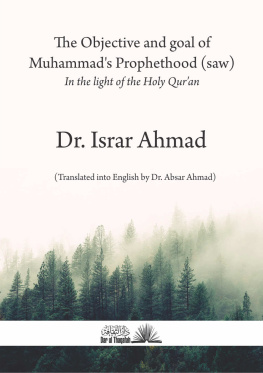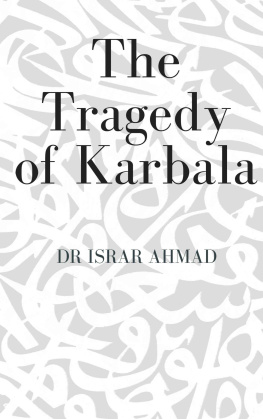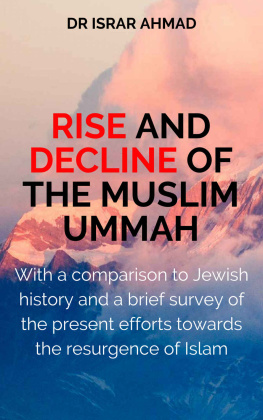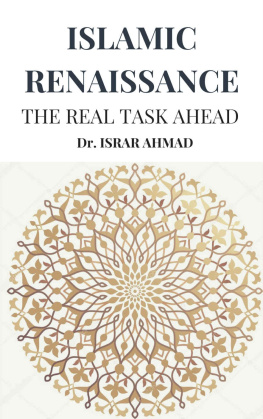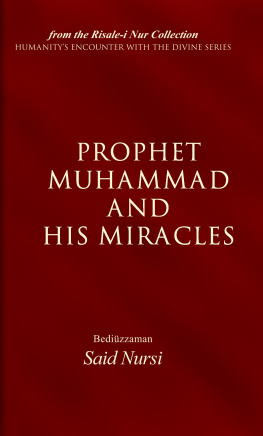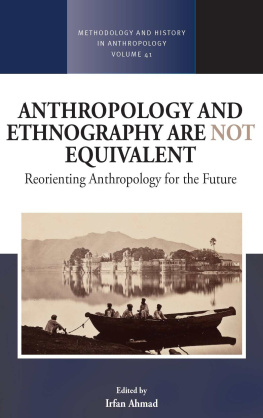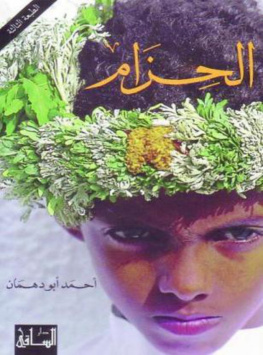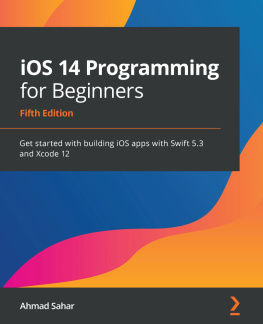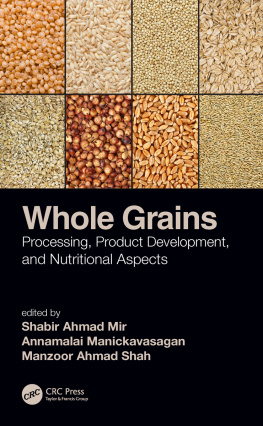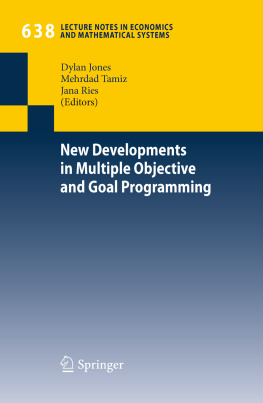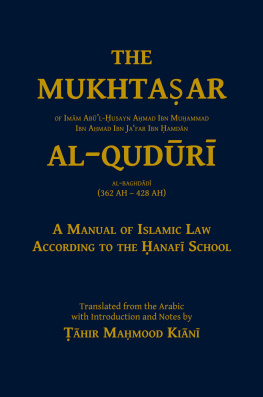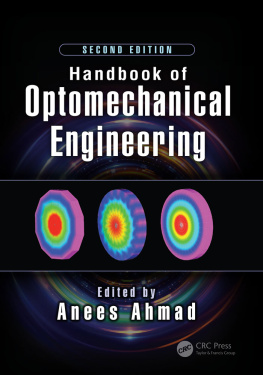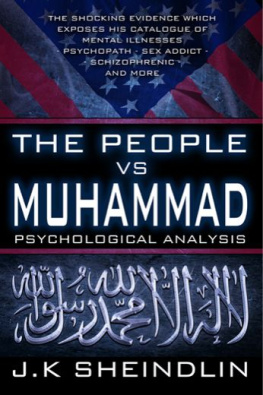Israr Ahmad - The objective and goal of Muhammads Prophethood (saw)
Here you can read online Israr Ahmad - The objective and goal of Muhammads Prophethood (saw) full text of the book (entire story) in english for free. Download pdf and epub, get meaning, cover and reviews about this ebook. year: 2018, genre: Religion. Description of the work, (preface) as well as reviews are available. Best literature library LitArk.com created for fans of good reading and offers a wide selection of genres:
Romance novel
Science fiction
Adventure
Detective
Science
History
Home and family
Prose
Art
Politics
Computer
Non-fiction
Religion
Business
Children
Humor
Choose a favorite category and find really read worthwhile books. Enjoy immersion in the world of imagination, feel the emotions of the characters or learn something new for yourself, make an fascinating discovery.
- Book:The objective and goal of Muhammads Prophethood (saw)
- Author:
- Genre:
- Year:2018
- Rating:3 / 5
- Favourites:Add to favourites
- Your mark:
- 60
- 1
- 2
- 3
- 4
- 5
The objective and goal of Muhammads Prophethood (saw): summary, description and annotation
We offer to read an annotation, description, summary or preface (depends on what the author of the book "The objective and goal of Muhammads Prophethood (saw)" wrote himself). If you haven't found the necessary information about the book — write in the comments, we will try to find it.
The objective and goal of Muhammads Prophethood (saw) — read online for free the complete book (whole text) full work
Below is the text of the book, divided by pages. System saving the place of the last page read, allows you to conveniently read the book "The objective and goal of Muhammads Prophethood (saw)" online for free, without having to search again every time where you left off. Put a bookmark, and you can go to the page where you finished reading at any time.
Font size:
Interval:
Bookmark:
The Objective and goal of Muhammads Prophethood (saw)
In the light of the Holy Quran
Dr. Israr Ahmad
(Translated into English by Dr. Absar Ahmad)
Contents
The present booklet consists of the English translation of a highly significant paper, entitled The Objective and Goal of Muhammads Prophethood ( saw ), in the light of the Holy Quran . This was originally presented by Dr. Israr Ahmad , Ameer of Tanzeem-e-Islami and the Founder-President of the Markazi Anjuman Khuddam-ul-Quran Lahore, in the fifth session of the second annual Quran Conference held on March 26, 1975, at Jinnah Hall, Lahore. It was later published in two issues of the monthly Meesaq, and then, along with another related paper, as an Urdu booklet. The present English translation has already appeared in the quarterly journal The Quranic Horizons , and now it is being presented in the form of a booklet.
The significance of this treatise lies in the fact that it delineates, in a clear, cogent, and lucid manner, the Divinely ordained target or aim of the strenuous struggle carried out by Prophet Muhammad (saw) and his devoted Companions. It is of utmost importance for all those groups and movements which are endeavoring for the revival and domination of Islam to realize the importance of this struggle in the overall system of Islamic thought, as well as the theoretical relationship of this struggle with the fundamental Islamic beliefs in the unity of God, the Prophethood, and the Hereafter.
At the same time, this paper also demonstrates the relevance of the dynamic concept of Islam, as compared to the narrow and static outlook which has come to dominate the Islamic world during the last few centuries. Moreover, various theosophical issues relating to the dynamics of qulb , nafs , and ruh have also been dealt with in the light of the Quranic teachings.
Dr. Absar Ahmad December, 1996 Lahore
We Muslims believe that the best of all human beings Muhammad, may Allah's peace and blessings be upon him was much more than just one of the many prophets, as he was Khatam al-nabiyyeen (seal of the prophets); simultaneously, we also believe that he was much more than just one of the numerous messengers of Allah, as he was Aakhir al-Rusul (the final Messenger). Prophecy or Prophethood not only ends and comes to a close with the advent of Muhammad (saw), but it also achieves its final plenitude, consummation and culmination in him. This means that Prophet Muhammad (saw) represents the completion and climax of all earlier prophetic missions, as well as the fulfillment and full blossoming of all antecedent Divine revelations. Seen in this perspective, it becomes absolutely certain that whereas the objective and aim of Muhammad's prophethood cannot be fundamentally different from those of all other prophets, at the same time it must also reflect the characteristic of completion and full realization. And this by itself confers on him a distinct and special place in the galaxy of noble prophets.
It is, therefore, clear that in order to fully comprehend and appreciate the objective of Muhammad's advent as the final prophet we must first understand, as enunciated by the Holy Qur'an, the general objective of the institution of Prophethood itself. Only then can we attempt to grasp the distinctive and unique nature of the goal of Muhammad's Prophethood, as well as its significance. May Allah's peace and blessings be upon him.
It is common knowledge that Islam is based upon three metaphysical beliefs, viz., the faith in Allah as the one Supreme Creator and Sovereign ( Tawheed ), the belief in the accountability in the life-after-death (Ma'ad), and the faith in the institutions of Prophethood and Revelation (Risalah). However, what is generally not realized is the fact that these three doctrinal beliefs are very deeply connected and logically related, and, taken together, constitute an indivisible organic unity. Let us try to examine very briefly and schematically the real import of these beliefs and the nature of their mutual relationship.
Keeping aside philosophical controversies and theological intricacies, the quintessential claim of belief in Allah is as follows. The entire realm of being and the whole cosmic complex is neither eternal nor ever-lasting; rather, it is both contingent and perishable. In itself, it has no warrant for its own existence and it cannot explain itself. However, there is one such Being as has neither beginning in time nor an end Allah, the proper name for God. It makes no difference whether one calls Him Allah or Al-Rahman (The Most Beneficent). He is the Creator and Sustainer of the universe and of man, and, particularly, the giver of guidance for man and the Supreme Judge of his conduct. God's existence can be brought home to those who care to reflect, so that it not only ceases to be an 'irrational' or 'unreasonable' belief but also becomes for them the Master-Truth. He is all-enveloping, literally boundless, and He alone is absolute, eternal, and infinite. Everything else carries in the very texture of its being the hallmark of its finitude and creatureliness. He is the personification of all good attributes, like Power, Majesty, Mercy, Munificence, Knowledge, etc., in the utmost degree. In the very nature of the case, there can be only one God, for whenever one tries to conceive of more than one, only one will be found to emerge as the First. The Holy Qur'an declares:
Do not take two gods (for) He is only One . [TMQ Al-Nahl 16:51]
God bears witness that there is no god but He. [TMQ Aal-i-Imran 3:18]
Say (O Muhammad) if there were other gods beside Him, as these people assert, they would all (necessarily) seek their way to the (one) Lord of the Throne. [TMQ Al-Isra 17:42]
Nobody from amongst the creatures shares His substantial essence, attributes, rights, authority and privileges. God cannot be regarded as an existent among other existents. In the metaphysical realm, there can be no democratic and equal sharing of being between the Original, the Creator, the Self-Sufficient and Necessary on the one hand and the borrowed, the created, the contingent on the 0other. The Qur'anic condemnation of Shirk (assigning partners to God) has its roots firmly in the metaphysical realm and then issues forth its corollaries in the political and moral fields.
The whole Sura al-Ikhlas, like many other verses of the Holy Qur'an, most categorically emphasizes the oneness and absoluteness of God Almighty:
Say:He is one God: God the eternal, the Uncaused (Absolute) Cause of all being. He begets not, and neither is He begotten; and there is nothing that could be compared with Him . [TMQ Al-Ikhlas 112:1-4]
And say: All praise is to God, who begets no offspring, and has no partner in his dominion, and has no weakness, and therefore no need of any aid,and (thus) extol His limitless greatness. [TMQ Al-Isra 17:111]
He allots to no one a share in His dominion and rule . [TMQ Al-Kahf 18:26]
Almighty Allah (swt) has created the universe with a purpose and for a definite period of time. The creation of the universe is a serious affair, not a sport or triviality:
And We have not created the heavens and the earth and what is therein purposelessly that is the opinion of those who reject (God) or are ungrateful . [TMQ Al- Saad 38:27]
The non-ultimacy of nature itself proves its destructibility and the Qur'an tells us that God in His wisdom has created the myriad forms of existence for a finite duration of time, known only to Him. At the pinnacle of God's multi-layered creations appears man whom He endowed with a dual nature: Allah (swt) created his animal form and then breathed into him out of His own Spirit, and made him His vicegerent on earth. In other words, the Holy Qur'an presents a theomorphic conception of man: he is homo cum Deo . The creation of man represents the acme of Divine creative process, as, according to an authentic tradition of Prophet Muhammad (saw), God has created man in His own image. The following verses of the Holy Qur'an refers to both aspects of the creation of man:
Font size:
Interval:
Bookmark:
Similar books «The objective and goal of Muhammads Prophethood (saw)»
Look at similar books to The objective and goal of Muhammads Prophethood (saw). We have selected literature similar in name and meaning in the hope of providing readers with more options to find new, interesting, not yet read works.
Discussion, reviews of the book The objective and goal of Muhammads Prophethood (saw) and just readers' own opinions. Leave your comments, write what you think about the work, its meaning or the main characters. Specify what exactly you liked and what you didn't like, and why you think so.

